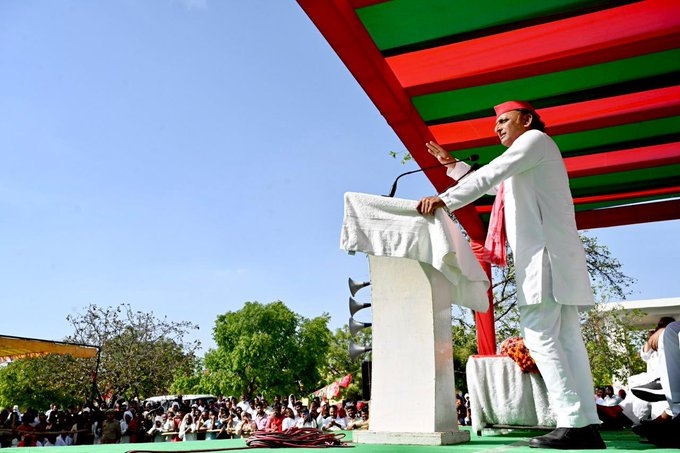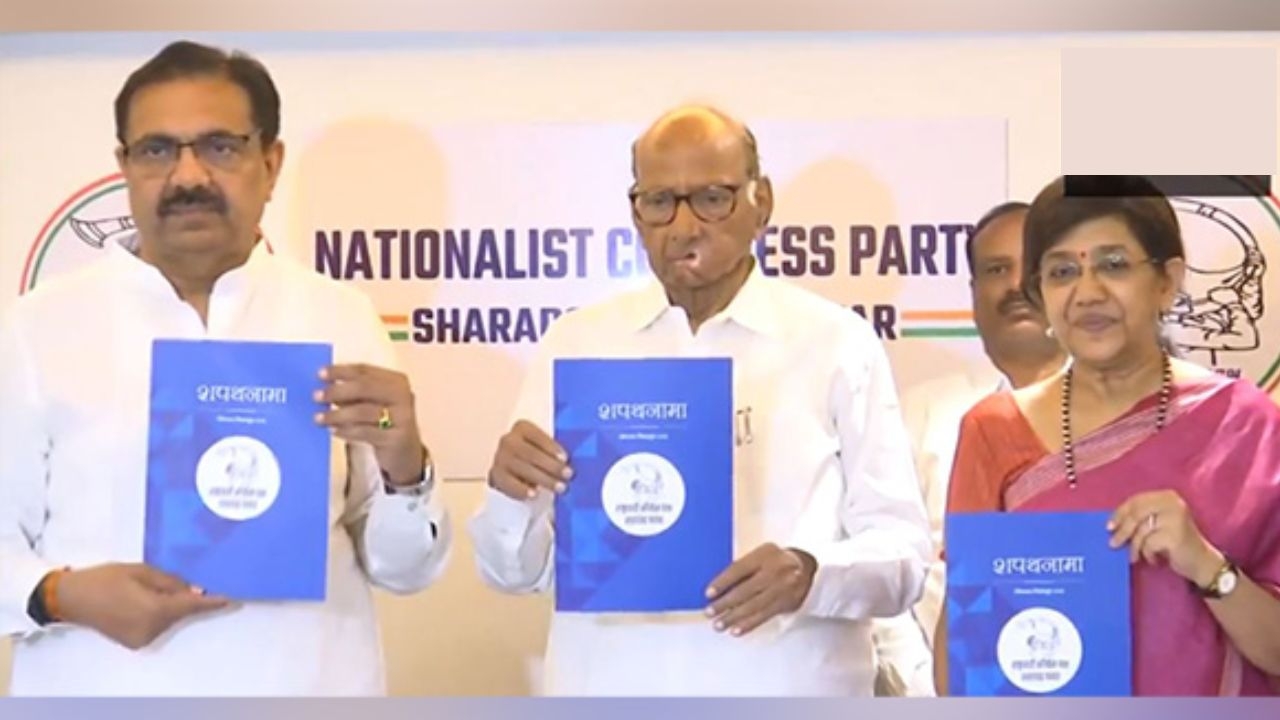The Novel Concept of ‘Human Library’ is Gaining Momentum in India
_117472_730x419-m.jpg)
On 4 June, 2018, on a sunny Sunday afternoon in Hyderabad, the State Art Gallery at Madhapur was abuzz with activity. Scores of youngsters crowded the registration counter. The crowd had come to experience a unique experiment and seemed excited about it.
On an adjacent wall is pasted a catalogue of human books that you could borrow for the next half an hour. Yes, Human Books!
Human Library is a concept wherein, anyone with a subject-knowledge can appear to be a book and share his knowledge/experiences to an individual/small group during a 30-minute interactive session.
The emphasis is on having Human Books that can tell stories that can challenge social stigmas and prejudices. The Human Books at the Hyderabad event came from diverse backgrounds – gender activists, para athletes, sexual abuse survivors, poets, cancer survivors, artists etc.
Origin and Journey in India
The unique concept of Human Library was conceived in 2001 by the Danish citizen Ronni Abergel, along with his brother and colleague, all members of a youth movement named ‘Stop Violence’. Ever since, the concept has travelled to about 72 countries. With a license from Abregel, anyone can organise a Human Library event.
In India, the first Human Library was held in Indore in 2016. Later in March 2017, the second event was organised in Hyderabad with the leadership of Harshad Fad, a student of Mass Media and Communication at Hyderabad-based Annapurna University. Since then, people like Fad, with the support of an enthusiastic team, has been holding several sessions of Human Library across various venues within the country.
The participation of over 800 people in the latest chapter of Human Library Hyderabad at State Art Gallery, Madhapur reflects the growing popularity of the unique knowledge sharing practice. Like Human Library Hyderabad, there are several chapters in about 11 cities in India.
What is is about?
The concept is simple. A select team of Human Library Organisation in the concerned city would curate a list of human books. An event is publicised where the public can come and select the human book according to their interest. Later, the reader is allotted a time with the book his/her interest.
“We don’t want soft stories to be told in our sessions,” said Harshad Fad, founder of Human Library Hyderabad.
“It’s a platform to directly confront stigmas’, stereotypes and prejudices,” he added.
Among the books curated for the event held on 3 June, included book covers such as; Urdu Speaking Brahmin, Erotica Writer, You are gay? But it’s not natural! The curated Human Books in the event included a transgender who shared her experiences of discrimination in getting an employment despite being qualified.
_117472.jpg)
Fad says the first first event organised in Hyderabad had about 10 books and had a handsome participation from the local crowd. The event was well documented by the national media and has since helped the organiser’s to expand activities.
Fad and his enthusiastic team regularly organises Human Library events at academic spaces and at corporate firms such as Microsoft. He said they have proposed an agreement with Microsoft to organise Human Library events across its offices and around the globe.
Organisers say their aim was to spread the event from metros’ to smaller cities and to villages.
“Our dream is to have events in villages, resembling the traditional ‘gurukul’ system of learning conducted in the shade of a banyan tree, said Fad adding that the group is looking at crowdfunding platforms to achieve the same.
In India, organisers such as Fad are in regular connection with Ronni Abergel, the founder of Human Library. Fad says they all operate like ‘closely-knit family.
At a TedX talk in 2014, Ronni Abergel said he wanted local groups across the globe to carry forward the concept.
Standing ahead of an LCD screen displaying: “We are all different. Don’t judge a book by its cover is the tagline,” Aberegel says: “Some people are fat, some wear, burqa, some have disabilities. But why should diversity keep us apart?”
He said Human Library is about ‘collecting unpopular people and addressing nasty generalisations’.
Reactions of Human Books and readers
Zain (name changed), an engineering student from Hyderabad was one among the human books in the Hyderabad event. He identifies himself as an ‘ex-Muslim atheist’ and tells the story of him leaving the faith. “The term ‘ex muslim’ is very triggering,” said he, adding that he makes sure he knows the readers well before the start of the discussion.
“Lot of Muslims doesn’t even know that they can leave the faith. My goal is to make them understand why I felt that way,” he said adding that despite being a sensitive topic, he has received mostly positive responses from the readers’ who he says are mostly liberal.
During the reading session I attended with a participation of four other readers, Zain dispelled the claim that internet spurts atheism, and said he found multiple points he could not agree to from the holy book itself.
Human Books like him are selected after a process of applications and multiple interviews by the organizers. Many of the them now says they have become better speakers over the course of time and have learned to speak according to the interest of readers. “I make sure I don’t offend any of my readers,” Zain asserted.
Tejaswi Dantuluti, a development communication professional from Hyderabad attended Zain’s session and said she was not aware of the status-‘ex-Muslim atheist’ before. “The experience in the Human Library does not limit to reading but leads to a broader dialogue,” she said. “I am happy that spaces such as Human Library provide a platform for people often subjected to social stigmas,” she expressed.
First published: 11 June 2018, 18:05 IST
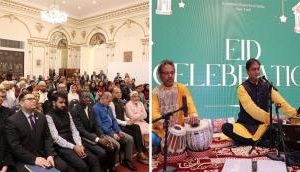
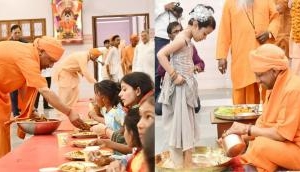

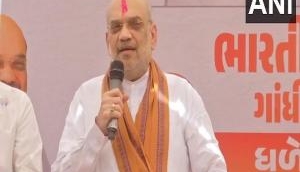

![BJP's Kapil Mishra recreates Shankar Mahadevan’s ‘Breathless’ song to highlight Delhi pollution [WATCH] BJP's Kapil Mishra recreates Shankar Mahadevan’s ‘Breathless’ song to highlight Delhi pollution [WATCH]](http://images.catchnews.com/upload/2022/11/03/kapil-mishra_240884_300x172.png)

![Anupam Kher shares pictures of his toned body on 67th birthday [MUST SEE] Anupam Kher shares pictures of his toned body on 67th birthday [MUST SEE]](http://images.catchnews.com/upload/2022/03/07/Anupam_kher_231145_300x172.jpg)


